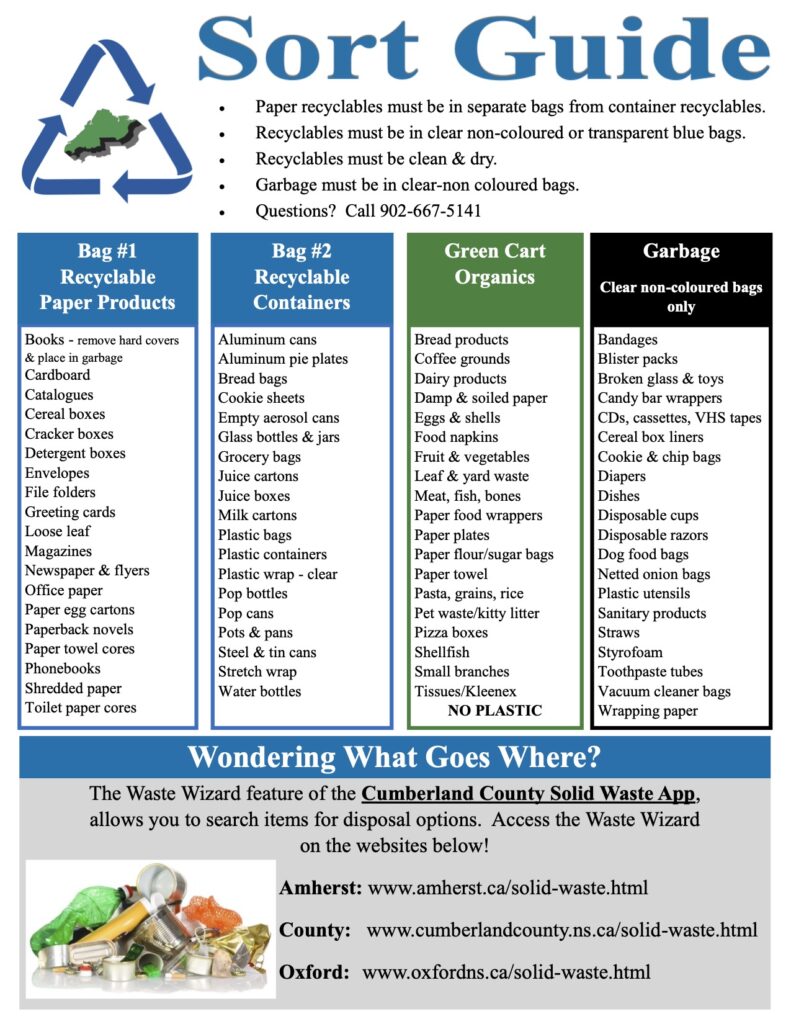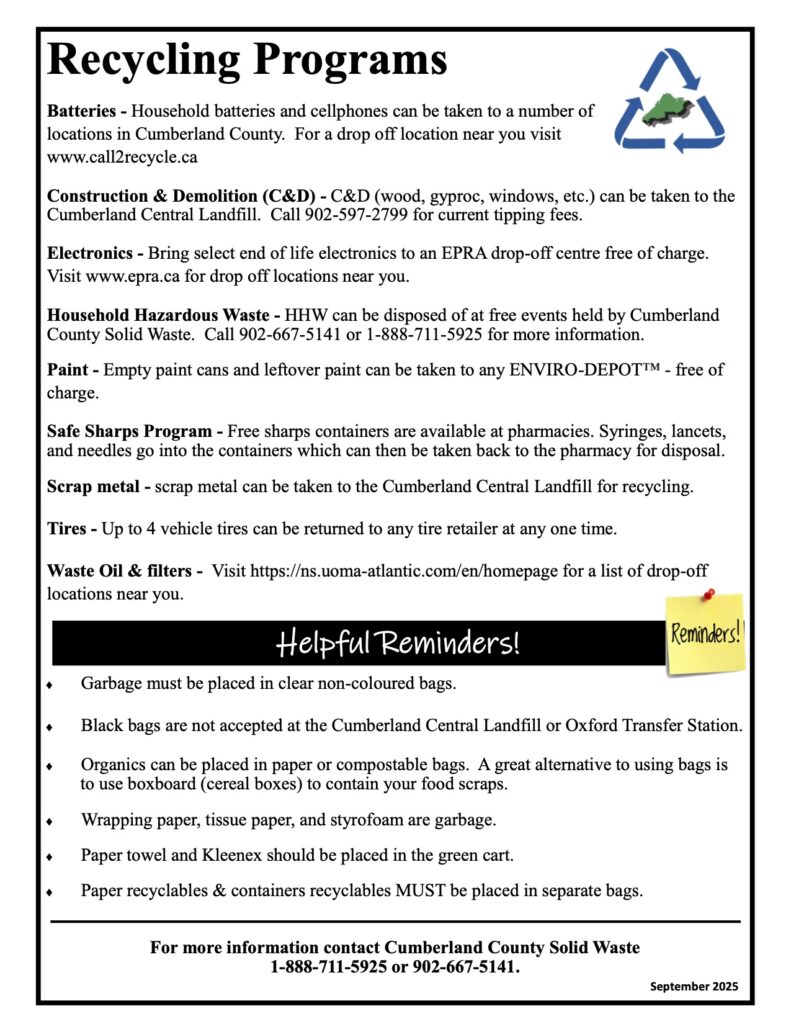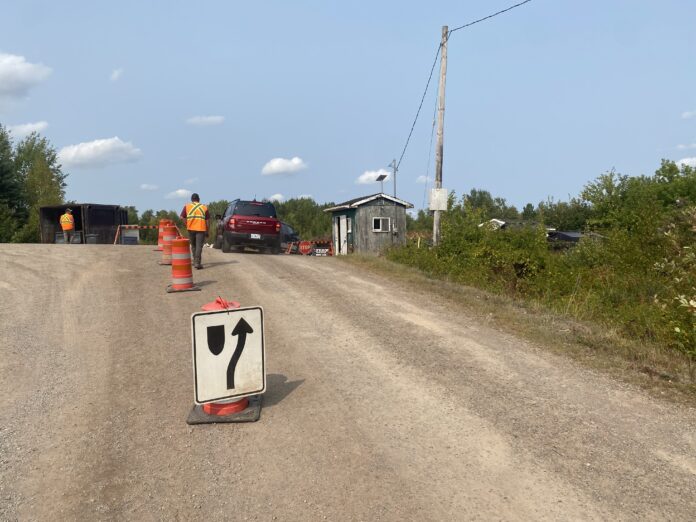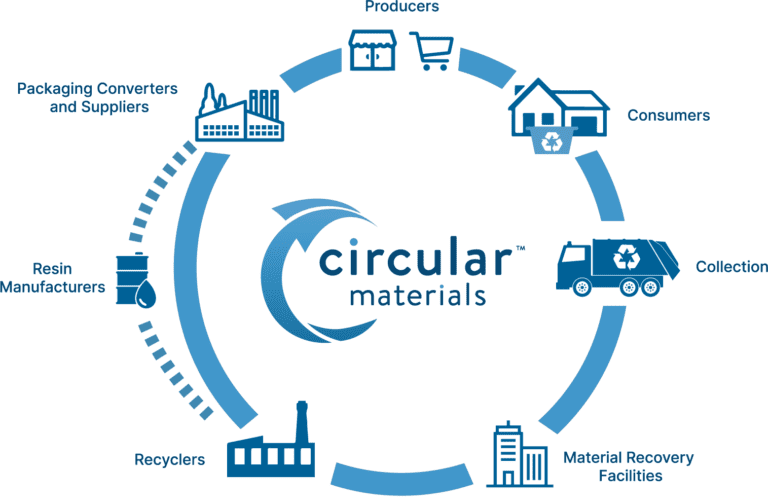If there’s a topic that is sure to get this community talking, it’s trash.
Three years ago, Oxford Mayor Greg Henley put forth his argument for closing the transfer station and moving to curbside pickup. Running the numbers, he suggested the town could save $40,000 per year by contracting out garbage pickup and closing the depot. Having one vehicle —a waste collection truck— picking up separated bags of garbage, recyclables and compost in town would mean hundreds of cars wouldn’t be making the trip out to the depot in Roslin, reducing emissions and saving residents gas.
But old habits die hard. An October, 2024, plebiscite shut down that option: Voters decided 478–88 in favour of the status quo. Henley later posted on social media that he wouldn’t be pushing the issue any further, that voters had spoken.
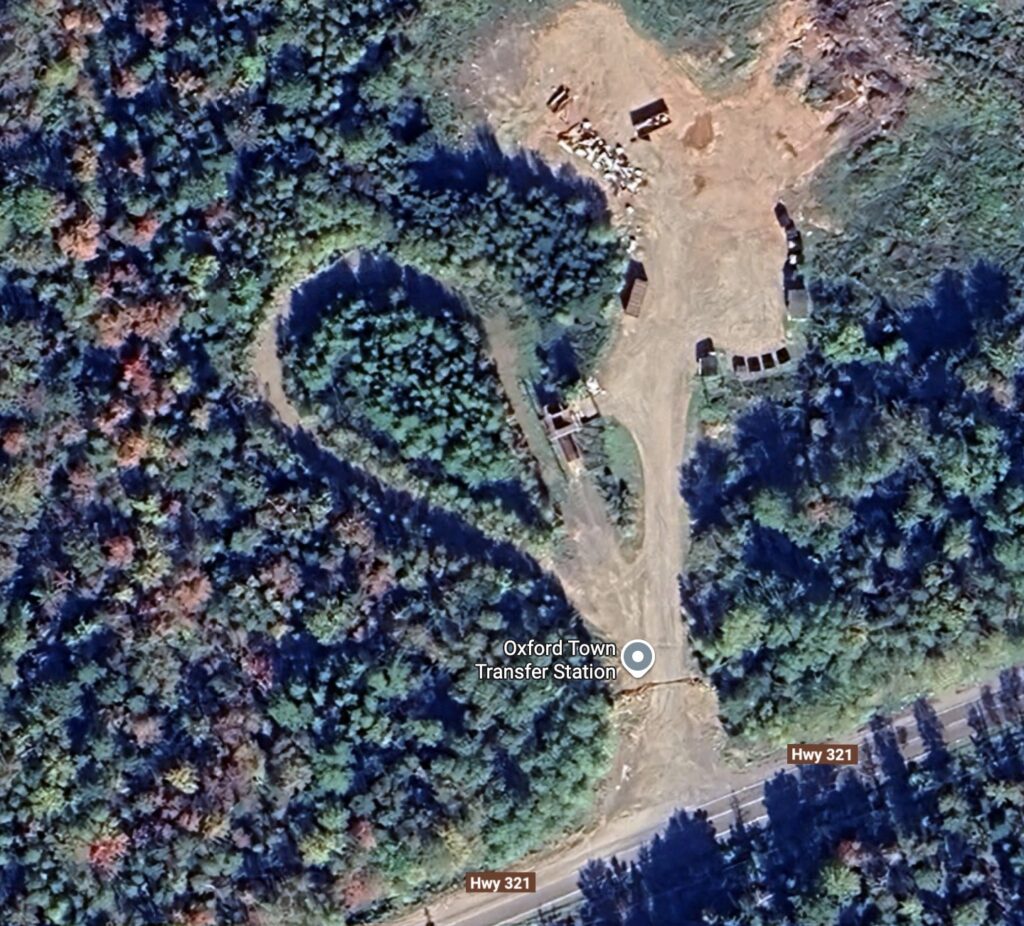
A year later, residents still have the waste depot they wanted, but are now coming face-to-face with new regulations brought on by the province as it attempts to make garbage collection more efficient. Called Extended Producer Responsibility (EPR), it’s a policy approach whereby producers – the businesses that create the products we consume – are responsible for the end-of-life management of their materials. The EPR initiative is managed by Circular Materials, “a national not-for-profit organization that represents the evolution to a more circular economy where materials are collected, recycled and returned to producers for use as recycled content in new products and packaging.”
The deadline for municipalities to opt-in or opt-out of the relationship with Circular Materials is December 1st, 2025. Given voters’ preference in the last plebiscite, at a special meeting on August 6th, Oxford Town Council decided to opt-in, which meant the town needed to get its house in order and ensure the waste material collected here met the program requirements (if the town had opted-out, then Circular Materials would have managed a curbside collection programme).
What does this mean for Oxford residents? Most began to discover the implications this past weekend, as they arrived at the Oxford Depot and found two members of the public works crew on-site, a line of orange pylons directing the traffic flow, and a request to show their orange Town of Oxford Depot Card (formerly, “Transfer Station Authorization card”), which limits use of the facility to town residents. The cards have been provided for years, but only recently have depot users been asked to show it before tossing their trash.
Workers also reviewed the bags of trash being brought in —garbage, recyclables and paper products, as well as compost— to ensure that proper separation was being done, and to help residents understand what goes where. Following a short period of public education, workers will in the future be rejecting unsorted materials outright. This already happens with garbage collection for county residents, at their civic address. In Oxford’s case, residents with rejected bags will need to sort the material on the spot, or take it home and make another trip.
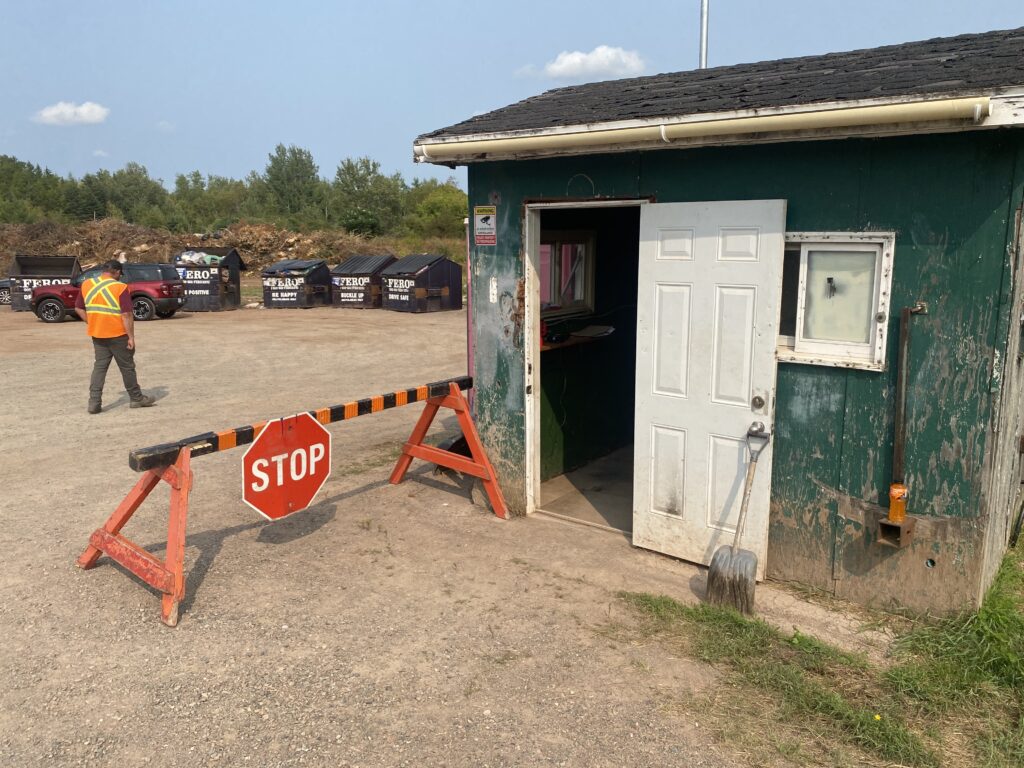
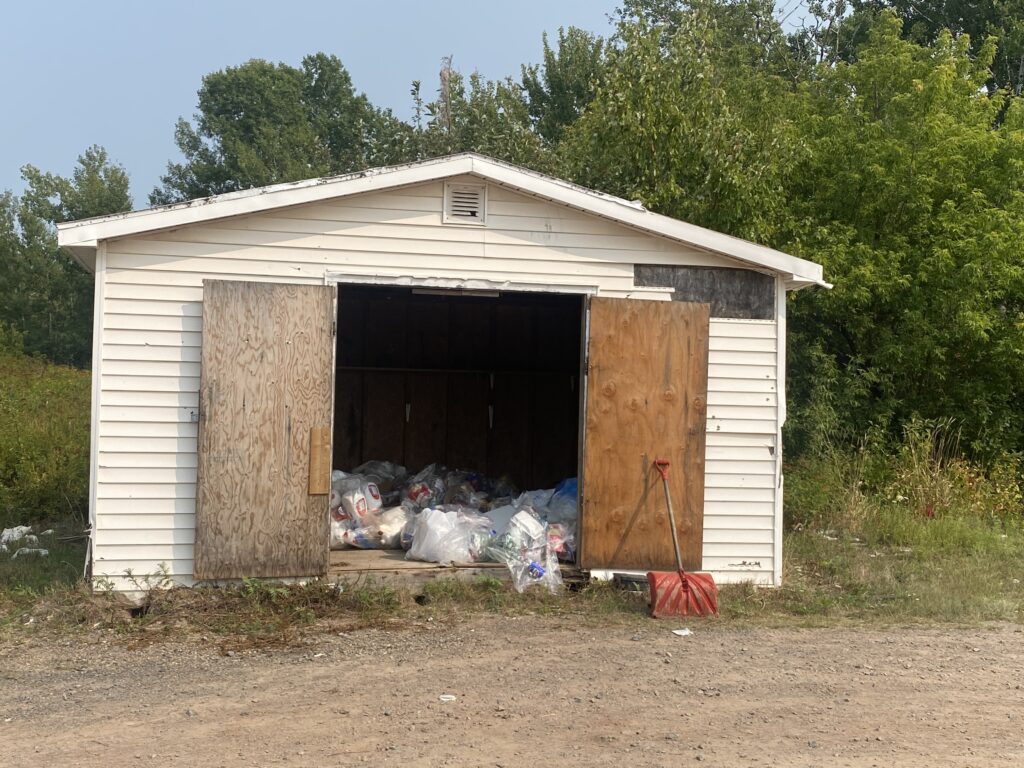
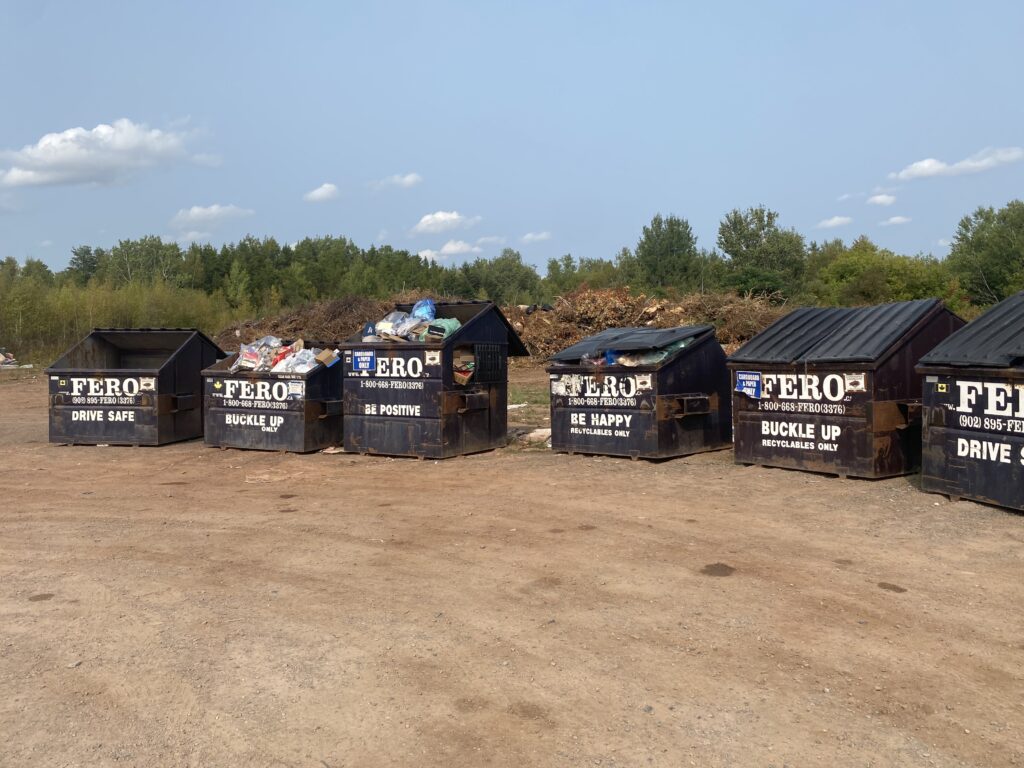
You would think this would be easily adapted to. Sadly, some folks appear to need little excuse for poor behaviour. While the Depot workers were friendly and professional in their approach to the public, the same can’t be said for the response they received. I was personally witness to one town resident using less-than-pleasant language when interacting with staff. The separation of materials into the proper bags for handling downstream is not rocket science. But it seems some folks feel they have the right to dispose of their garbage as they see fit. It is unnecessary and disrespectful to the workers whose job it is to educate the public and ensure the rules regarding disposal are followed.
The proper separation of trash has been in place for many years, and helps to reduce overall garbage volume (and expense, and contamination) by redirecting certain materials that can be recycled into a separate management stream. Three transparent garbage bags and a compost bin keep it all straight, and if done daily, becomes an easy routine to follow. For most people.
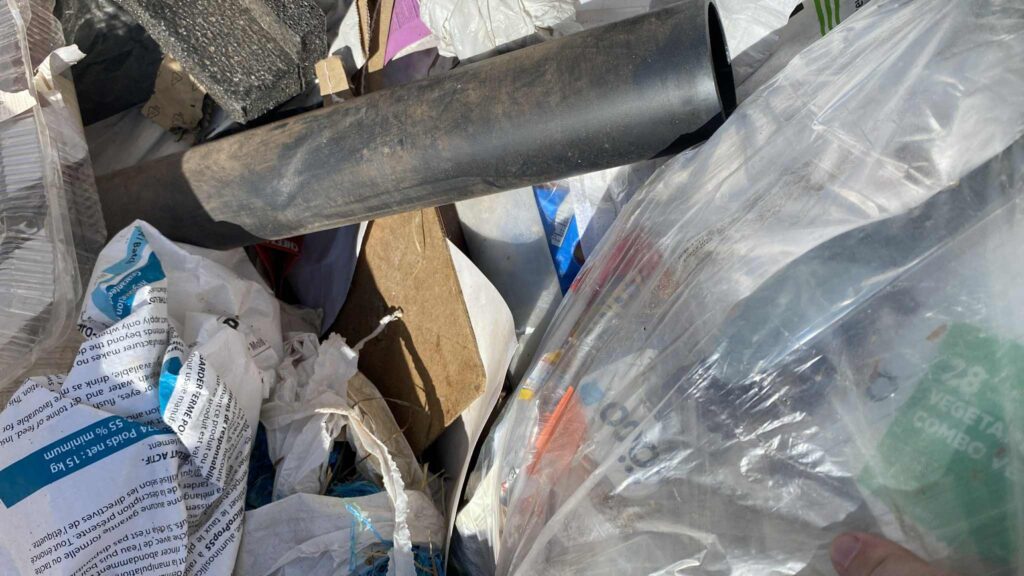
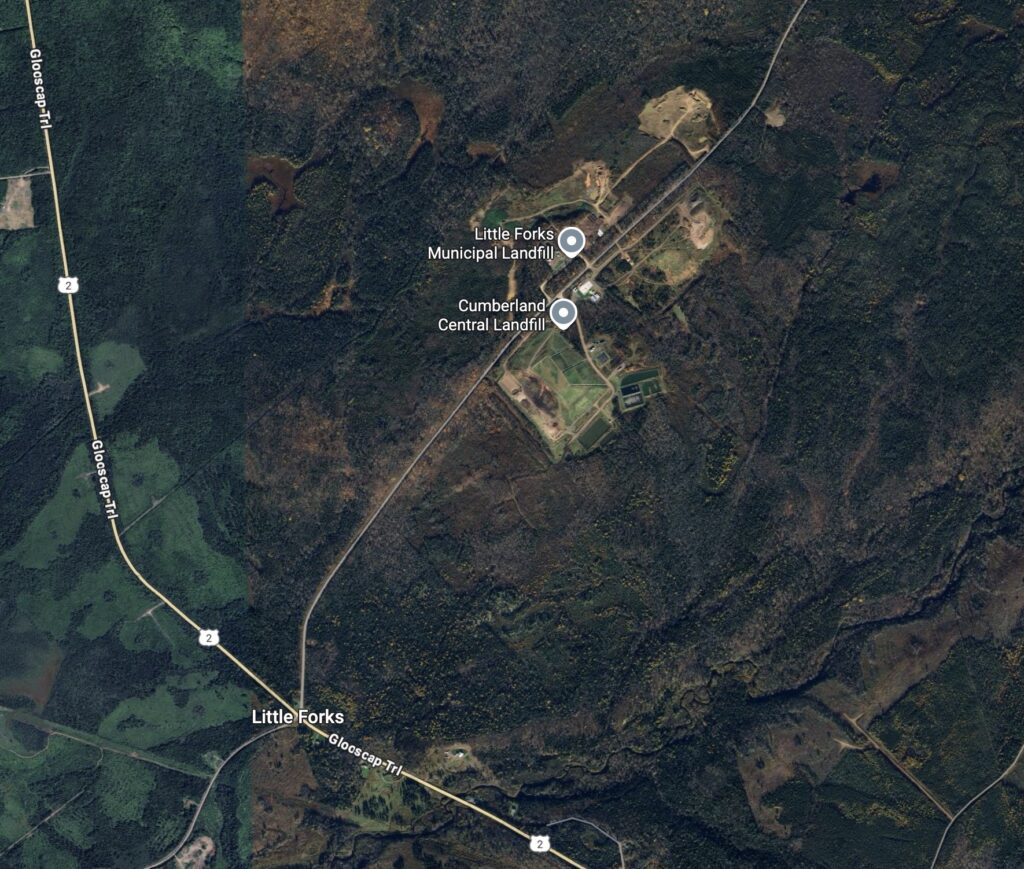
While construction debris has two private disposal sites in the county (Cumberland Central Landfill, Little Forks; Mount Pleasant C&D Disposal on the Dickson Road), the Oxford depot was seeing far too much of that material being dumped and mixed in with proper garbage. The Town of Oxford’s Solid Waste page provides a sorting guide, and links to other resources to help residents manage their garbage.
The page links to the Cumberland County waste management “wizard”, that lets you search for the kind of garbage you have, and where it should go. There’s an App for your cellphone as well: Cumberland County Solid Waste, available for iOS or Android phones and tablets.
The transfer station has been a headache for the Town to manage, particularly in recent years. Vandalism at the site, including break-ins and damage to the main gate, theft of metal, and the liability risk that comes from unauthorized entry, were compounded by damage to the security system as well. Increasingly strict environmental regulations regarding monitoring of soil and water conditions under the facility —which goes back decades and is still referred to by certain generations as “the dump”— add to the town’s management responsibilities and costs to taxpayers.
